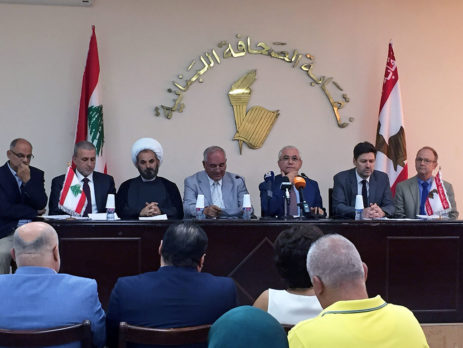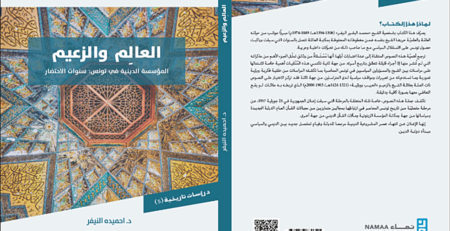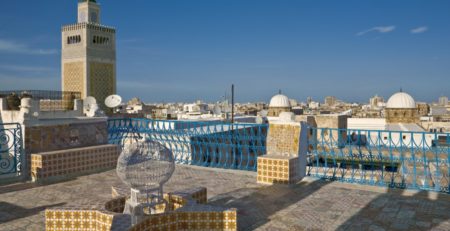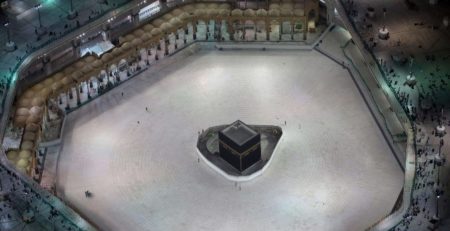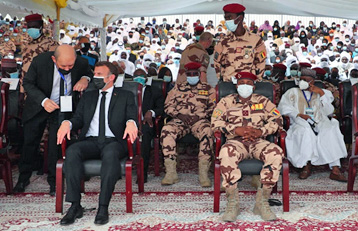Humanitarian cooperation as a path to peaceful conflict transformation: The Lebanese experience
The Lebanese initiative of the Forum of Humanitarian Associations (FHA) is a collaboration between six organizations with different profiles as a process for conflict transformation. This project aims to promote coexistence in the Lebanese national space, based on respect for pluralism and citizenship.
In August 2017, six humanitarian organizations with different backgrounds came together and signed a Memorandum of Understanding (MoU), with the main objective of promoting inclusive participation and social cohesion through the organization of concrete collaboration, in the context of both humanitarian and cultural projects. This cooperation project contributes to the goal of the Cordoba Foundation of Geneva’s Middle East Program, supported by the Swiss Federal Department of Foreign Affairs, consisting in the non-violent transformation of conflicts involving key Muslim actors with different religious references, in local contexts, by reinforcing cohesion and inclusivity between components of the social fabric.
Lebanese context and creation of the FAH
The sudden resignation of Prime Minister Hariri on November 4, 2017[1] and the withdrawal of this resignation on December 5, 2017 worsened the political instability in Lebanon, representing as it did a potentially destabilizing factor in the social fabric of the country. The next parliamentary elections (May 6, 2018), the first since 2009, are highly anticipated but, according to some interlocutors, the political status quo, based on lines of sectarian division, will be preserved. This fracture could even be aggravated by the newly-approved electoral system[2]. However, the emergence of new citizen initiatives such as “Li Baladi” (For my country) offers an alternative for Lebanese citizens who do not identify with the current sectarian political configuration[3].
The country is also suffering from an alarming economic situation, often portrayed in the national media as a direct result of the massive influx of Syrian refugees and political mismanagement of the issue. In her article “Syrian refugees, an unexpected wealth for the Lebanese economy,”[4] Rosalie Berthier, a consultant for the Synaps think-tank, weighs this analysis by emphasizing the positive aspects of hospitality. Nevertheless, the general sentiment expressed by the population is close to exasperation, tending to significantly increase xenophobic attitudes towards Syrian refugees. In addition, the scant information about Syrian refugees in Lebanon has increased uncertainty and fear. The scenarios for a return of these refugees to Syria are currently under study and the Office of the High Commissioner for Refugees indicates that currently the number of Syrian refugees is about 1 million, compared to 1.2 million in 2017 – this decrease is because individuals have left the territory, been relocated or died. The Lebanese government challenges these figures, which it considers an underestimate. It is in this context of political and humanitarian crisis, and uncertainty also regarding the settlement of the Syrian conflict, that the American government threatened to cut the funds of the United Nations Relief and Works Agency for Palestinian Refugees in the Near East, a decision that would prove dramatic according to various interlocutors in the world of NGOs and governments[5]. Considering local actors in humanitarian aid as legitimate interlocutors seems today, more than ever, a real necessity, in order to meet the needs of the beneficiaries of this aid. This strategic reorientation would also contribute significantly to the establishment of a “positive peace” in Lebanon.
The Lebanese initiative of the Forum of Humanitarian Associations represents a unique national experience, as it brings together organizations with varied values (Sunni, Shiite and secular organizations make up the six signatories of the MoU) within the same area of discussion and operational work. The FHA group meets every month and exchanges on the implementation of concrete activities, which requires establishing consensus on many points such as logistics, project design, identification of beneficiaries, and finally the diffusion of the project.
Through the implementation of common activities resulting from a process of dialogue and consensus-building (a diapraxis methodology), beyond sectarian and religious divides, the FHA presents an atypical and innovative profile for the Lebanese context.
The Lebanese Experience, a project of CFG’s “HUMED” program
For several years now, the CFG has been working on the establishment of a comprehensive mediation program for the humanitarian field (“Humanitarian Mediation” or HUMED); the aim of this program is to promote a Safe Mediation Space (SMS) for humanitarian agencies and charitable organizations with diverse religious and cultural profiles to dialogue, discover common ground and build working relationships. The project in Lebanon can therefore be considered as an example of this thematic program.
The development of the HUMED program was motivated by three major observations: (1) the mutual fear and lack of trust between religious and non-religious, international, regional and local organizations – particularly in the Middle East, North Africa and the Sahel – adversely impact the effectiveness of collaboration between these organizations in terms of planning and implementation of aid programs; (2) the above-mentioned elements have direct results on the distribution of aid and can have potentially serious consequences for beneficiaries of humanitarian, charitable and development assistance. In addition, the lack of cooperation between organizations can reinforce and solidify existing tensions, certain exclusionary discourses and potentially violent conflicts; therefore (3) training local humanitarian actors of religious and non-religious affiliations in conflict transformation and conflict analysis, alongside other actors of regional and international organizations in the context of a SMS, could give the opportunity to actors with diverse religious and cultural profiles to physically meet in a space that can be called “neutral” and to dialogue on the development of common concrete actions in the field.
However, this humanitarian mediation initiative is not only an offer of dialogue, mediation and facilitation, but also aims at strengthening the conflict transformation capacities of humanitarian actors in various regions in the Middle East, the Sahel and North Africa.
According to CFG research, opening a space for dialogue and building the capacity of both local and international actors (including international organizations and non-governmental organizations), would ensure a profound long-term change, particularly concerning the implementation of humanitarian actions adapted to the context in which they take place.
One of the main motivations for the implementation of this project is that, following the events of September 11, 2001 with a recurrent rhetoric of the “War on Terror”, many NGOs in the Muslim world were the subject of sometimes unfounded suspicions, leading them to limit the pursuit of their mission. This limitation was particularly due to the restrictions they suffered, such as black-listing, the closing of offices, or the freezing of their assets.
In the early 2000s, the FCG acquired expertise in mediation between organizations with different value systems, responding to various requests from the Arab world. This mediation work led to the organization of a meeting during which Islamic humanitarian organizations had the opportunity to present their values, principles, methodology and their own conception of the “Work of Goodness” (al-amal al-khayri). This followed three years of work (2005-2008) between these organizations and with the facilitation of the CFG, eventually resulting in the production of the “Charter of the Work of Goodness”. This working paper, consisting of 21 humanitarian principles grouped into seven chapters, was presented in Doha in 2008 at the second Work of Goodness conference organized by the Organization for Islamic Cooperation (OIC). In March 2017, the FCG acted as technical advisor for the “Conference on International Humanitarian Action” in Doha, which gathered 200 representatives of more than 70 humanitarian agencies from Asia, Africa, Europe and America, UN, OIC and Arab League representatives, and other experts, to discuss how to collaborate, to better meet growing humanitarian needs.
The Lebanese initiative is therefore a continuation of this project, aiming at more humanitarian cooperation, transforming conflicts in a non-violent way, to “do no harm”, and responding to the desperate need to adapt humanitarian action to the context in which it is undertaken. We can therefore conclude that respect for the humanitarian principles – neutrality, impartiality, independence, humanity – will be reinforced by an increase in cooperation and inclusive dialogue between humanitarian actors with different profiles and references.
[1] For more information: https://www.reuters.com/article/us-lebanon-politics/lebanons-hariri-rescinds-resignation-drawing-line-under-crisis-idUSKBN1DZ1CG
[2] For more information: https://moulahazat.com/2017/06/18/the-adwan-electoral-law-from-bad-to-worse/
[3] https://www.lorientlejour.com/article/1094934/-li-baladi-un-mouvement-politique-est-ne.html
[4] https://orientxxi.info/magazine/les-refugies-syriens-une-richesse-inesperee-pour-l-economie-libanaise,2200
[5] Article: Daily Star, NGOs, Officials slam U.S threats to cut UNRWA funding, January 11, 2018.





